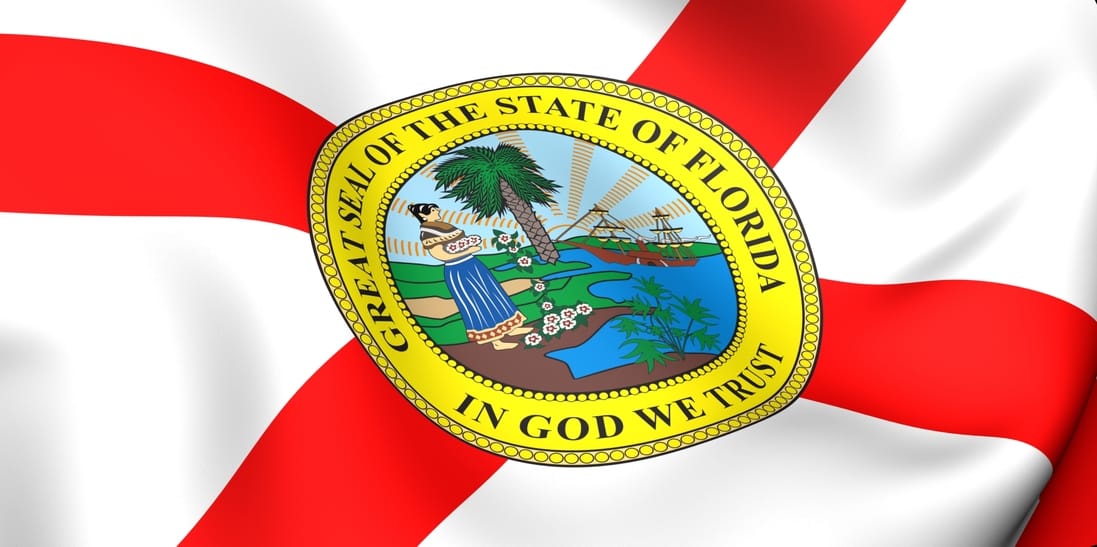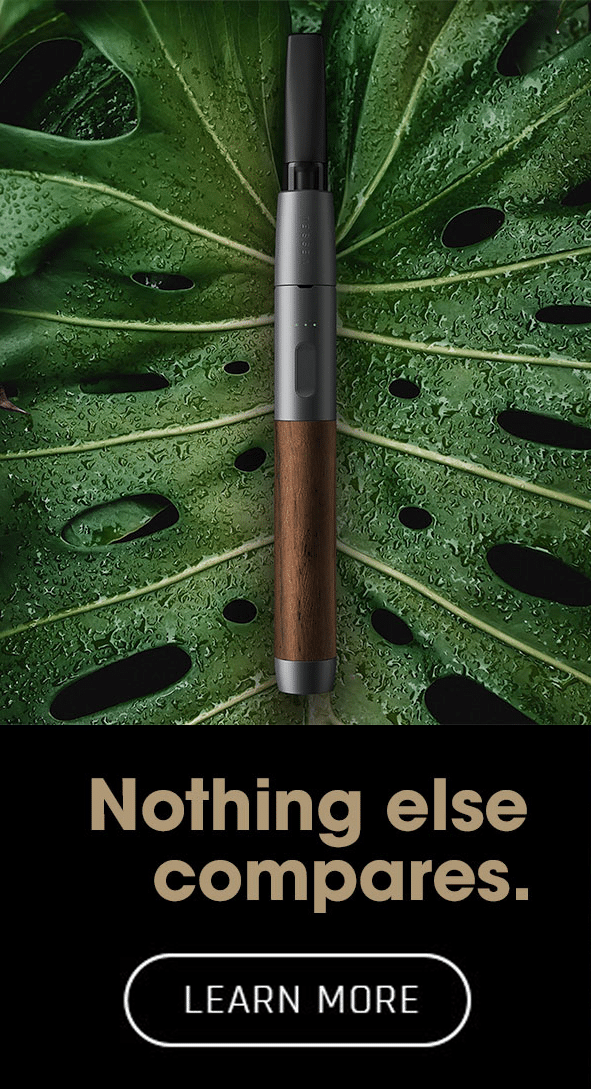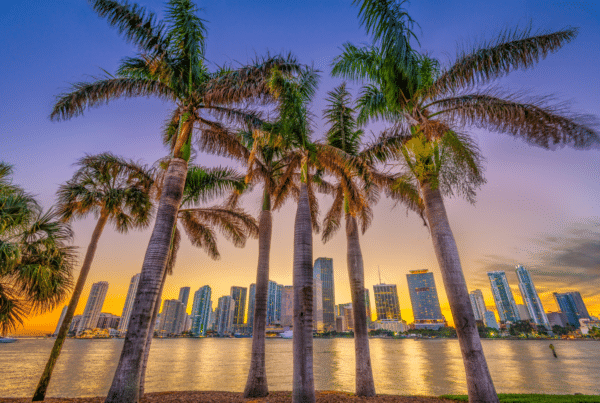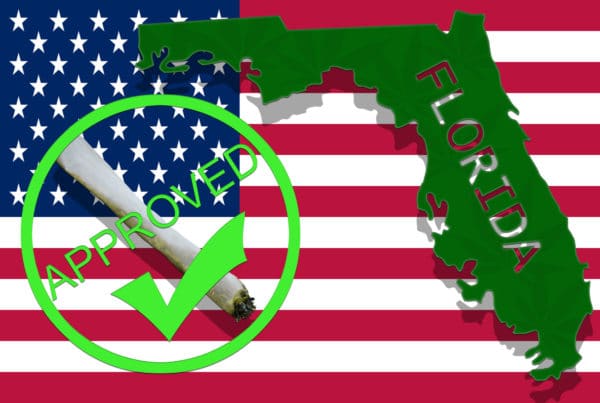Is Medical Cannabis Legal in Florida? For the cannabis community, Tuesday’s midterm elections ended in celebration. Three out of four battleground states for cannabis reform were victorious in changing legislation. These states include Washington D.C., Oregon, and Alaska all legalized recreational use by adults. With a count of 58 for, and 42 against, Florida missed the 60 percent supermajority. This was the requirement to amend their constitution to include a medical cannabis program.
Is Medical Cannabis Legal in Florida?
Florida has a considerable elderly demographic and a population of over 19 million. It would have been one of the largest markets for medical marijuana. Many supporters of Amendment 2, Florida Right to Medical Marijuana Initiative, blame the opposition for this year’s marginal loss. They feel that deceptive and last minute TV advertisements led to it. One concern heard by many opposing the amendment was that the wording on the Amendment was too loose. Raising the fear that children would be able to acquire cannabis. Either way, the Sunshine State’s initiative for medical marijuana was one of the most expensive measures in the country, with both the opposition and support campaigns spending over $6.5 million each.
For all the budding entrepreneurs in the state, this fight is far from over. A 58 percent approval is a clear indication that the paradigm through which Americans view cannabis is changing. The first sign of progress in Florida came in July: Governor Rick Scott signed a highly restrictive bill giving patients with life-threatening illnesses access to low THC, high CBD extracts. The measure only applies to patients for whom conventional methods of treatment have failed. And only once all other options have been exhausted. This law allows for five dispensing facilities to grow, process, and dispense these cannabidiol extracts. These five facilities will do so for the entire state of Florida.
History of Medical Marijuana
Tracing the history of medical marijuana shows that one vote NO is not enough to stop the movement. Looking at Colorado’s history is example enough: in 1998 Colorado’s Amendment 19 was the first medical marijuana initiative introduced in the state, and it did not pass. It wasn’t until two years later that Amendment 20, the new medical cannabis initiative, was on the ballot. It won: 54 percent to 46 percent.
Though the medical marijuana initiative did not pass this year’s midterm vote, there are many reasons to be optimistic: sentiments towards both medical and recreational uses of cannabis have never been higher. Even conservative outlets such as Fox News report that 85 percent of Americans believe adults should be allowed to use cannabis for medical purposes.
If you are interested in new licensing opportunities in Oregon, Alaska, or existing medical and retail states, our business analysts at Quantum 9 are the foremost experts in the field. If you would like to know about our predictions for the next emerging markets or how our consulting services can help you get the licensing you need, don’t hesitate- contact us today!







